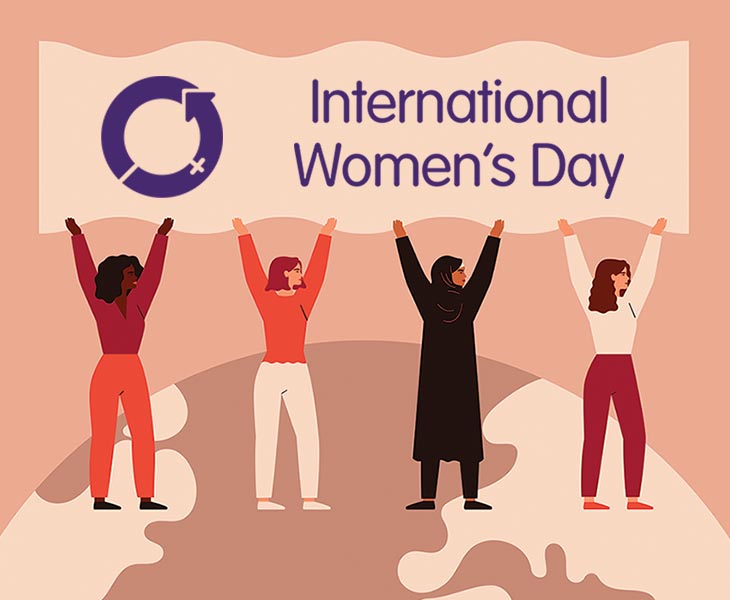Today is International Women’s Day 2021, a day set aside by the United Nations for the world to celebrate and focus on issues related to women and global gender equity.
The UN theme of this year’s event is ‘Women in Leadership: Achieving an equal future in a COVID-19 World’.
Setting the tone for the event, the United Nations Secretary General Antonio Guterres’ report laments the frustration women face when they aspire to leadership positions worldwide. In the report, Guterres said, “Despite women’s increased engagement in public life, equality is far off. Women remain significantly underrepresented in all aspects of decision-making, and violence against women in public life is widespread. Men with power often resist women’s leadership, even within political parties. Women’s higher levels of poverty, more limited access to finance, greater share of care duties, and challenges faced in realizing their sexual and reproductive health and rights, combined with exclusionary institutional rules and procedures, limit their full participation…”
Echoing the Secretary General’s report, Phumzile Mlambo-Ngcuka, UN Women Executive Director, speaking on International Women’s Day 2021, says, “We need women’s representation that reflects all women and girls in all their diversity and abilities, and across all cultural, social, economic and political situations. This is the only way we will get real societal change that incorporates women in decision-making as equals and benefits us all.”
The theme of this year’s International Women’s Day is relevant in Nigeria, as women’s participation in both elective and appointive positions has been in steep and shocking decline since 1999. The country’s extant National Gender Policy (NGP) recommends 35% affirmative action, meaning in elective and appointive positions, that should be the minimum percentage of women. But this has never been attained.
In 1999, the women elected into the House of Representatives were 12 out of 360 members (3.3 per cent), but increased to 21 (5.8 per cent) in 2003. It was 26 (7.2 per cent) in 2011, and in 2015 it decreased to 19 (5.3 per cent). In 2019, it was worse, as in the House of Representatives, out of 360 members, only 11 women were elected, about 3.07 per cent. The trend is replicated in the Senate. In 1999 there were only three women out of the 109 members (2.8 per cent) in the Senate. In 2007 the number increased to eight (7.3 per cent). However, there was a decrease to seven in 2011, which is 6.4 per cent, and eight (7.3 per cent) in 2015. In 2019, only seven women were elected into the Senate, representing 6.4 per cent.
No doubt, this is a reflection of the patriarchal system in the country where men rule and dominate in almost all spheres. Other factors include political violence, stigmatization of women who delve into politics, lack of fund to prosecute elections, nocturnal meeting periods, low level of education, and, of course, religious and cultural inhibitions. This trend has to change because the few women who have been given the opportunity to serve the country have distinguished and given a good account of themselves. For instance, Dr Ngozi Okonjo-Iweala, who was the country’s Minister of Finance and Coordinating Minister of the Economy, was recently appointed to head the World Trade Organisation.
As the world marks International Women’s Day 2021, we call on political parties to walk the talk to ensure the 35 per cent affirmative action, the country’s gender policy is adhered to. At the minimum they should institute a quota system at all levels and tiers of governance, to ensure women are not shortchanged. They must ensure that women who participate in politics are not attacked, stigmatised and harassed out of the race. It is good, also, to have a legal fund to enable women to challenge any electoral fraud against them. President Muhammadu Buhari and the All Progressives Congress (APC), being the ruling party, should take the lead by ensuring that in both elective and appointive positions women are not ignored.

 Join Daily Trust WhatsApp Community For Quick Access To News and Happenings Around You.
Join Daily Trust WhatsApp Community For Quick Access To News and Happenings Around You.

